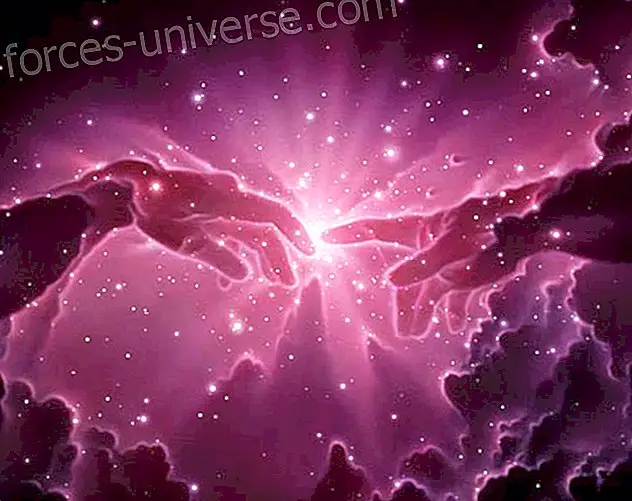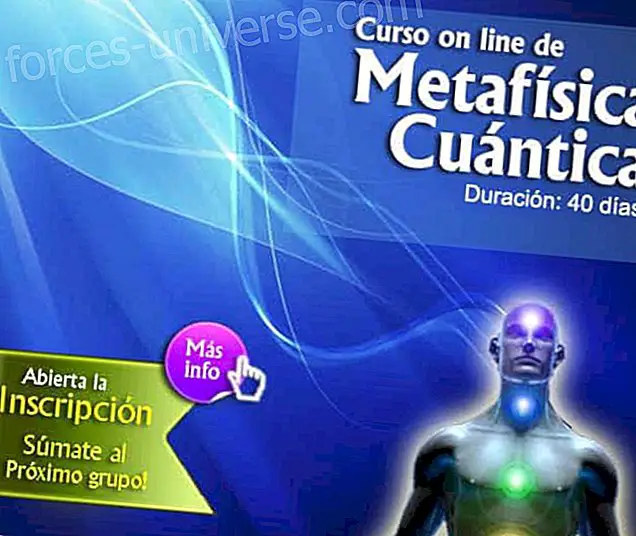Book: The Tibetan book of life and death Sogyal Rinponché “The promise of enlightenment
- 2015

In the modern world there are few examples of human beings who embody the qualities that derive from understanding the nature of the mind. Thus, it is difficult for us to imagine even Enlightenment or the perception of an enlightened being, and even harder to begin to think that we ourselves can experience Enlightenment. Despite its much vaunted celebration of the value of human life and individual freedom, in reality our society treats us as if we were obsessed exclusively with power, sex and money, and as if we should be distracted at all times from any contact with death or real life.
If we begin to suspect our deep potential, or if someone points us out, we cannot believe it; and if we can even conceive spiritual transformation even remotely, we only judge it possible for the great saints and spiritual masters of the past. The Dalai Lama frequently speaks of the absence of true love and respect that he observes in many people of the modern world.
All our attitude is based on the neurotic conviction of our own limitations. This denies us any hope of awakening and tragically contradicts the central truth of the Buddha's teachings: that we are all already essentially perfect. Even if we think about the possibility of Enlightenment, a simple glance at what makes up our ordinary mind (anger, greed, jealousy, resentment, cruelty, lust, fear, anxiety and confusion) could forever exclude any hope of reaching it., if we had not been told about the nature of the mind and about the possibility of getting to know that nature beyond any doubt. But Enlightenment is real, and there are still enlightened masters on Earth . When you meet one, you will be shaken and moved in the depths of your heart and understand that all those words like "enlightenment" and "wisdom, " which seemed to be mere ideas, are indeed true.
Despite all its dangers, today's world is also very exciting. The modern mind is slowly opening up to various visions of reality. Television introduces us to great teachers such as the Dalai Lama and Mother Teresa ; many teachers from the East visit the West and come here to teach; The books of all mystical traditions reach an increasingly wide audience. The desperate situation of the planet is slowly waking its inhabitants to the need for a worldwide transformation. Enlightenment, as I said, is real, and all of us, whoever we are, with proper practice and in the right circumstances, can understand the nature of the mind and thus get to know in ourselves what is immortal and eternally pure. This is the promise of all the mystical traditions of the planet, and it has been fulfilled and continues to be fulfilled in incalculable thousands of human lives.
The wonderful thing about this promise is that it is not something exotic or fantastic or reserved for an elite, but it is for all mankind, and when we understand it, the teachers tell us, it is unexpectedly vulgar. Spiritual truth is not something complex or esoteric, but, in fact, it is simple common sense. When the nature of the mind is understood, the layers of confusion break off. In reality, one does not "become" a Buddha, but simply ceases to be gradually deceived. And to be a Buddha is not to be a kind of omnipotent spiritual superman, but to finally become a true human being. One of the greatest Buddhist traditions calls the nature of the mind "the wisdom of the ordinary."
It is impossible to insist enough: our true nature and the nature of all beings is not something extraordinary. The irony is that what is extraordinary is our supposedly ordinary world, that fantastic and complex hallucination of the deceptive vision of samsara. It is this "extraordinary" vision that blinds us to the inherent and "ordinary" nature of the mind. Imagine that the Buddhas were contemplating us right now: how sadly they would be amazed at the complexity and lethal ingenuity of our confusion! Sometimes, and since we are so unnecessarily complicated, when a teacher introduces us to the nature of the mind, we find it too simple to believe it.
 Our ordinary mind tells us that it cannot be so, that there has to be something else. It must necessarily be more "glorious", with large luminaries in the space around us, angels of golden hair flying to our meeting and a resonant voice that proclaims: "You have just been introduced to the nature of your mind." There is no such show. Since in our culture the intellect is highly valued, we can assume that in order to attain Enlightenment, extraordinary intelligence is needed. In reality, many kinds of intelligence only involve greater obscuration. A Tibetan proverb says: "If you are too smart you can marry completely . " Patrul Rinpoche said: "The logical mind seems interesting, but it is the seed of confusion."
Our ordinary mind tells us that it cannot be so, that there has to be something else. It must necessarily be more "glorious", with large luminaries in the space around us, angels of golden hair flying to our meeting and a resonant voice that proclaims: "You have just been introduced to the nature of your mind." There is no such show. Since in our culture the intellect is highly valued, we can assume that in order to attain Enlightenment, extraordinary intelligence is needed. In reality, many kinds of intelligence only involve greater obscuration. A Tibetan proverb says: "If you are too smart you can marry completely . " Patrul Rinpoche said: "The logical mind seems interesting, but it is the seed of confusion."
People can become obsessed with their own theories and lose consciousness of everything. In Tibet we say: "Theories are like patches in a coat, any day they end up wearing out . " Let me tell you an encouraging story: A great teacher of the last century had a very stubborn disciple. The teacher taught and taught him, trying to introduce him to the nature of his mind, but he did not succeed. Finally, one day he became enraged and said: "Look, I want you to take this sack of barley to the top of that mountain there." But you don't have to stop to rest.
Keep going without stopping until you reach the summit. The disciple was clumsy, but his teacher had an unmovable devotion and confidence, so he did exactly what he had commanded. The bag weighed a lot. He picked it up and started uphill, not daring to stop. So he walked and walked. And the bag became increasingly heavy. It took a long time to reach the top. When he finally arrived, he released the sack and threw himself on the floor, overcome by fatigue but deeply relaxed. He felt fresh mountain air on his face. All his resistance had dissolved, and with it his ordinary mind. It seemed to him that everything stopped. And right at that moment he understood the nature of his mind.
Ah! That this was what my teacher tried to teach me all the time, he told himself.
He ran down the mountain and, against all the usual rules, broke into the master's room.
I think I already have it. I already have it, really!
So you've had an interesting excursion, huh? The teacher told him smiling with a sympathetic air.
Whoever you are, you can also have the experience the disciple had in the mountains, and it is this experience that will give you the courage to overcome life and death. But what is the best, fastest and most efficient way to get ready for it? The first step is the practice of meditation. It is meditation that slowly purifies the ordinary mind, unmasking and depleting its habits and illusions, and allows us to recognize, at the right time, who we really are.
[button color = green size = big link = https: //hermandadblanca.org/wp-content/uploads/2015/09/hermandadblanca_org_el-libro-tibetano-de -la-vida-y-la-muerte-sogyal-rimpoche.pdf target = blank ] Click here: The Tibetan book of life and death [/ button]

AUTHORS: Gabriel Vallejo
SEEN AT: http://cienciacosmica.net/la-promesa-de-la-iluminacion/






